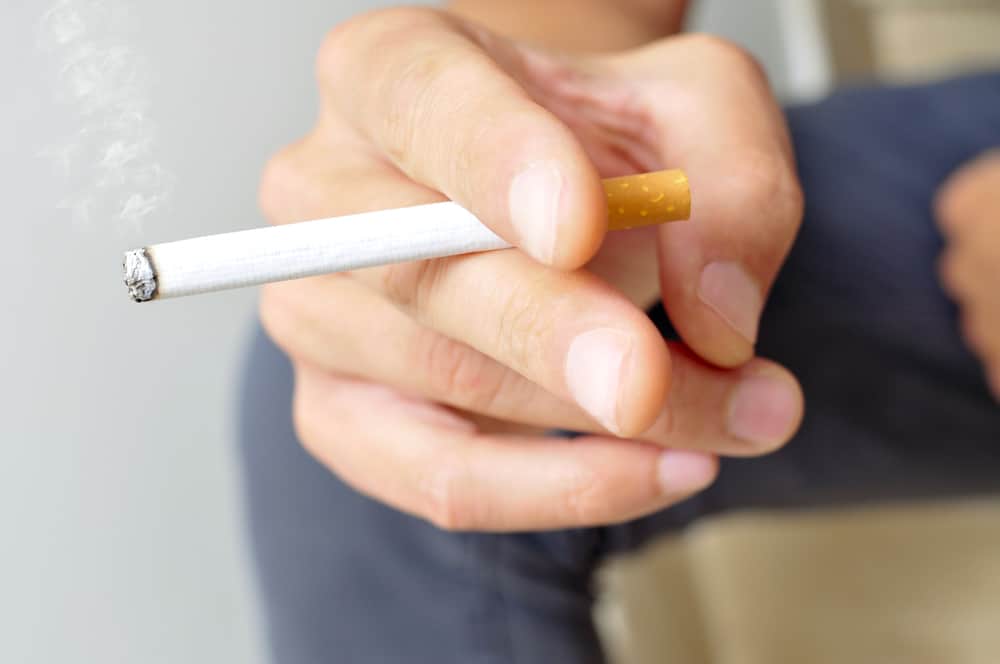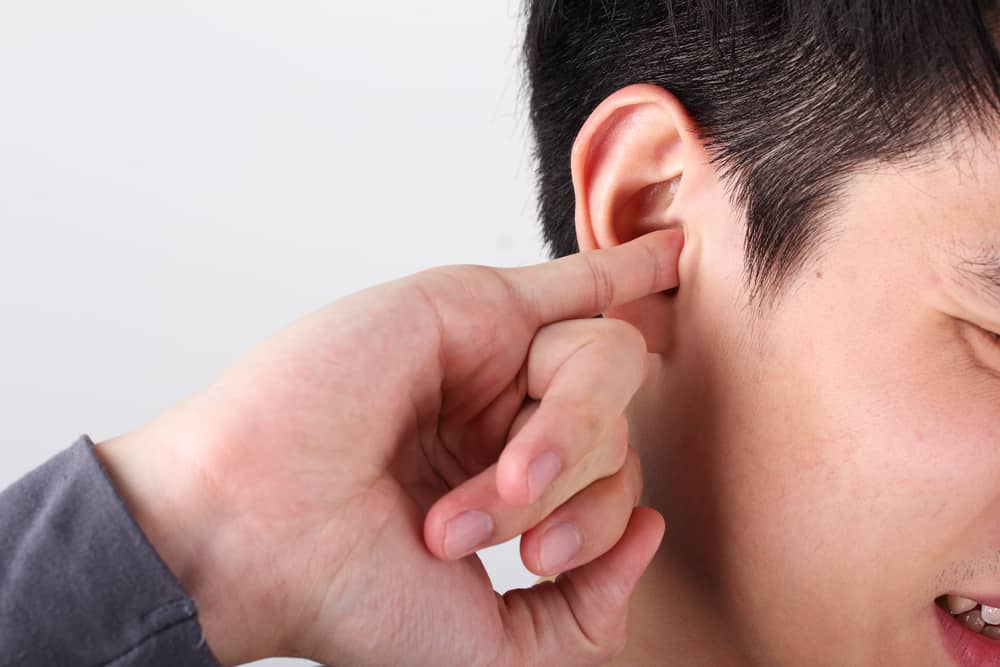Contents:
- Medical Video: Headache Treatments : How to Tell if You Have a Sinus Headache
- What causes tension headaches?
- What are the signs and symptoms of tension headaches?
- How to treat tension headaches?
- 1. Prescription drugs
- 2. Free medicine
- 3. Stress management techniques
- 4. Natural treatment
Medical Video: Headache Treatments : How to Tell if You Have a Sinus Headache
Tense headaches or tension headacheis pain, tightness, or there is pressure around the forehead or back of the head and neck. Some people say that it feels like a squeezed skull. Tense headaches can also be referred to as stress headaches, and this is the most common headache in adults. When you have this condition for less than 5 days per month, it is referred to as an episodic tension headache. However, if it occurs more often, it is called chronic.
This headache can last from 30 minutes to several days. The episodic type usually starts gradually, often in the middle of the day. Chronic pain comes and goes for a longer period of time. The pain may be stronger or subside throughout the day, but almost always there. Even if your head hurts, this condition will not stop you from your daily activities, and it will not affect your vision, balance or strength.
What causes tension headaches?
There is no one cause for this condition. However, most are triggered by stress, whether from work, school, family, friends, or other relationships. Episodic conditions are usually triggered by a tense or stressful situation. Tensions that occur everyday can cause chronic types.
This type of headache is not inherited in the family. Some people experience it because of the tight muscles behind the neck and scalp. This muscle tension can come from:
- Not enough rest
- Poor posture
- Emotional or mental stress, including depression
- Anxiety
- Fatigue
- Starving
- Lack of iron
However, for some people, muscle tension is not the cause of tension headaches, and the cause is unclear.
What are the signs and symptoms of tension headaches?
Some common symptoms are:
- Mild to moderate pain, or pressure in the front, top or side of the head
- Headaches appear in the afternoon
- It's hard to sleep
- Fatigue
- Irritability
- Difficulty to focus
- Cheerful sensitivity to sound or sound
- Muscle ache
Unlike migraine headaches, you will not have other neurological symptoms, such as muscle weakness or blurred vision. And headaches usually do not cause sensitivity to light and sound, abdominal pain, nausea, or vomiting.
How to treat tension headaches?
Treatment for tension headaches includes prescription drugs, pain relievers, combination drugs that contain aspirin, acetaminophen, caffeine, stress management techniques, and home remedies.
1. Prescription drugs
If a diagnosis of a chronic condition has been determined or suspected, prescription drugs can be used in an effort to reduce the frequency and severity of pain. Drugs used include antidepressants and anti-seizure agents. Doctors can help determine the best agent for patients.
2. Free medicine
Many people treat this condition using over-the-counter drugs, such as acetaminophen, ibuprofen, or combination drugs. These medicines are safe if used according to the rules, but if overused they will make headaches more frequent and more severe. This can occur if the drug is used more than 2 days every week on a regular basis. If this headache occurs during pregnancy, the patient must contact the doctor first about what medicines are safe for consumption.
Products containing aspirin should not be used for children because of the risk of Reye's syndrome. The use of acetaminophen for a long time or in large quantities can cause liver toxicity (the maximum dose is 3 grams per day), and in fact many drugs are combined with acetaminophen, so the patient must discuss it with the doctor first.
3. Stress management techniques
For people who experience recurrent tension headaches, stress management techniques have become an effective way to help reduce the frequency of headaches and severity. This can include regular exercise, deep breathing techniques, and relaxation exercises. Other non-drug approaches can include massage, heat, ice, or acupuncture. Learning to identify stressful situations that trigger headaches and how to take steps to avoid them is also a useful strategy for many individuals.
4. Natural treatment
Here are the treatments you can do at home:
- Alternative medicine or therapy: Alternative therapies such as hot compresses or ice compresses can provide great benefits for some individuals.
- Hydration: Sometimes headaches can be triggered by mild dehydration or lack of food, if so, drink some non-caffeine fluids or any food that can help.
- Linseed: People who eat flaxseed (flaxseed) which is rich in omega-3 may experience a decrease in pain. This is thought to be related to the anti-inflammatory properties of omega-3 fatty acids.
- Lavender oil: Inhaling the aroma of lavender oil can help reduce the pain of headaches.
- Massage on the scalp: Scalp massage is easy to do and can provide significant assistance, concentrate on the temporal area or occipital area (behind the scalp) because that will make the best response.
- Sports: Exercise such as aerobics or certain movements that can improve posture have proven to be quite effective in reducing the frequency of stress headaches.
READ ALSO:
- Get to Know the Different Types of Headaches
- Sex: Healing or Even Aggravating Headaches?
- 14 Causes of Unexpected Headaches












